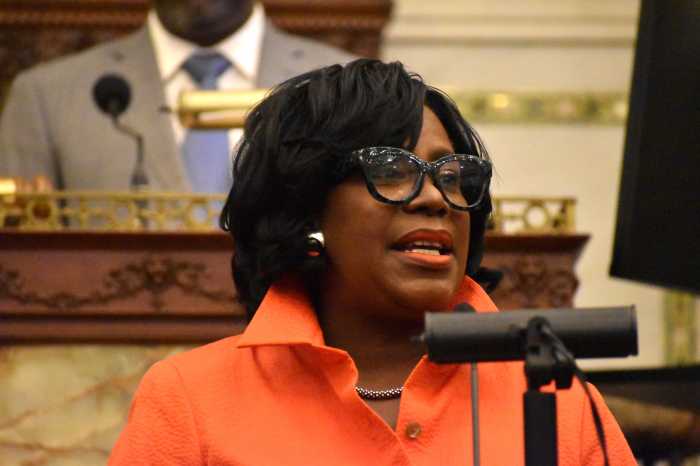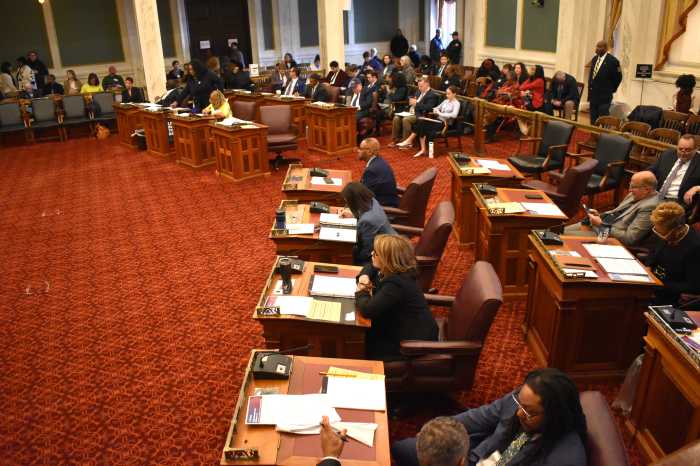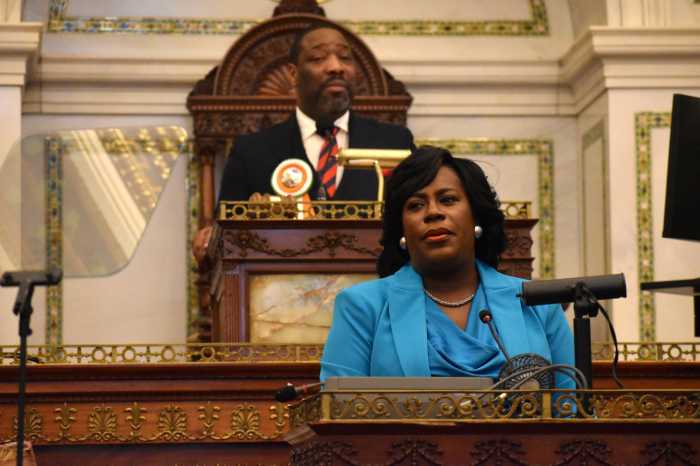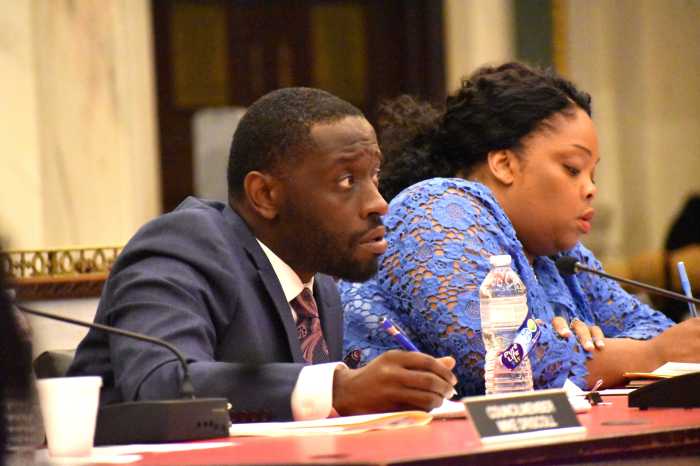Philadelphia homeowners will receive property tax bills with an average increase of more than $300 a year following a citywide real estate evaluation, Mayor Cherelle Parker’s administration announced Monday.
Overall residential values rose 19%, and the average single-family home is slated to pay about $330 more, city officials said. The reassessment was the first in two years.
For about 20,000 properties, tax bills will decrease; however, a majority of homeowners will see hikes, with “some fairly substantial increases,” city Finance Director Rob Dubow told reporters during a City Hall news conference.
Notices will be mailed out beginning Wednesday, and the new valuations will be available online at property.phila.gov at about the same time, according to the Parker administration. Property taxes are due March 31, 2025.
The Office of Property Assessment uses a computer-assisted model to generate the new values, which are based on sales and market data from January 2020 through June 2023. Chief Assessment Officer James Aros Jr. said the 2025 assessments meet industry standards for uniformity, equity and accuracy.
Parker noted that her first municipal budget did not increase tax rates and said the city is mandated to conduct periodic reevaluations.
“I would love to be able to have a magic wand and to say that no one’s property taxes would ever go up while I was the mayor,” she said. “But unfortunately, that’s not what the law requires.”
State law does say the city should certify assessed values and begin alerting property owners by March 31 of the prior year, and, during the 2022 reassessment, Mayor Jim Kenney’s administration began notifying residents in May.
Property owners now have only about two months to contest their assessment, either by requesting a first-level review or filing a formal appeal. The deadline for both is Oct. 7.
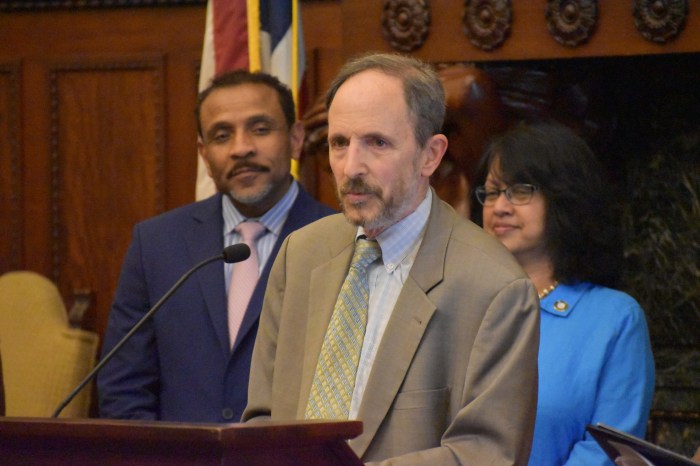
Dubow said the city waited for an internal and external study of the reevaluation to be completed. Also, the Parker administration wanted an outreach campaign in place first, he added.
The budget approved in June included about $1 million for an advertising campaign alerting residents about property tax relief programs, according to the administration.
Parker said her office will be sending a letter to more than 340,000 homeowners notifying them of the benefits. In addition, outreach teams will be going door-to-door providing information, she added.
City Council and Parker, in advance of the reassessment, agreed to increase the Homestead Exemption from $80,000 to $100,000 and create a tax freeze for low-income Philadelphians.
By far the most popular relief initiative, the Homestead Exemption effectively deducts the amount from the valuation. Aside from being an owner-occupied property, there are no other requirements.
The recent increase in the exemption will save participants an additional $280, for a total maximum deduction of up to $1,399. Philadelphia has about 50,000 single-family homes valued under $100,000, meaning they will pay no property tax if they are enrolled in the exemption, city officials said.
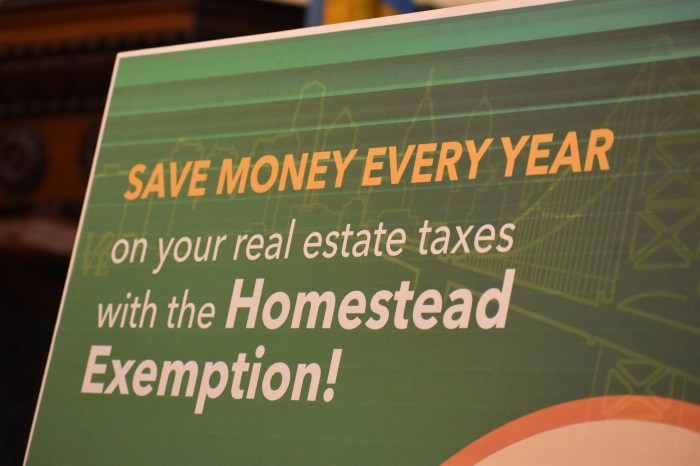
Dec. 1 is the deadline to sign up for the Homestead Exemption, and those who have enrolled in previous years do not have to reapply unless there was a deed change.
Legislation passed in June created the Low-income Tax Freeze to cap assessments for individuals earning $33,500 a year or less and couples making up to $41,500. City officials said an application for the program is still in the works and will be made available in the fall.
The city also has a Senior Citizen Real Estate Tax Freeze and a Longtime Owner Occupant Program for people meeting income and other eligibility requirements.
For more information about property tax relief, call 215-686-9749 or go to phila.gov and search “housing programs.”
Total values for all Philadelphia property – including commercial, industrial and institutional sites – increased $24 billion compared to the 2022 assessment, Aros said.
“Our residential real estate market is strong,” Dubow said. “That’s a good indicator of Philadelphia’s desirability. But again, it means that taxes will go up.”
Assessed values for office buildings – rocked by the pandemic and the rise of work-from-home schedules – decreased 6%, according to Dubow.
As a result of the heightened valuations, the School District of Philadelphia will receive an extra $115 million over the course of five years.
During the budget process, lawmakers and the Parker administration increased the share of real estate tax revenue earmarked for the district by 1%. That change is expected to net the school system an additional $125 million, administration officials have said.




